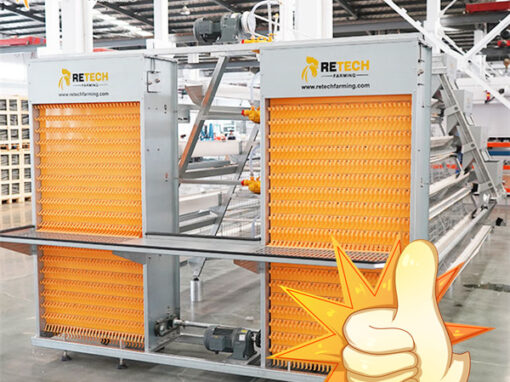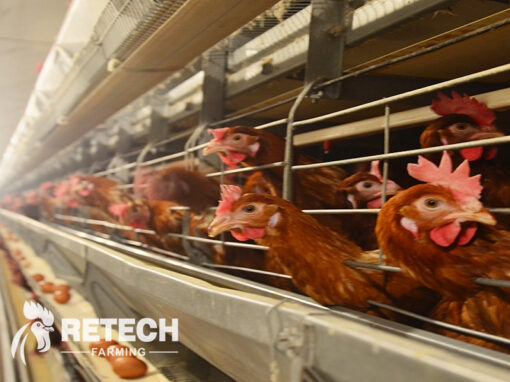1.Reasonable location of chicken farm
The pollution caused by intensive farming is directly related to the location and size of the chicken farm.
Good environmental conditions of chicken farms should ensure that the farm area has good microclimate conditions, which is conducive to the control of the air environment in the chicken farm, and also facilitates the strict implementation of sanitation and epidemic prevention systems and measures.
Addressing needs attention
When choosing a chicken farm, try to choose a place close to farmland and vegetable field, far away from the suburbs. The terrain is high and dry, and it is sunny and sheltered from the wind, so as to keep the microclimate and heat condition of the farm relatively stable, so that the feces can be easily transported to the farmland and vegetable fields. It can be used in a timely manner, and the breeding scale can be adjusted according to the amount of surrounding farmland, so as to prevent the soil from accumulating too much phosphorus due to the extensive use of poultry manure.
When designing the chicken house, it should also be considered that the solids and non-solids in the manure can be separated to the greatest extent, so that the solids can be reasonably and fully utilized.
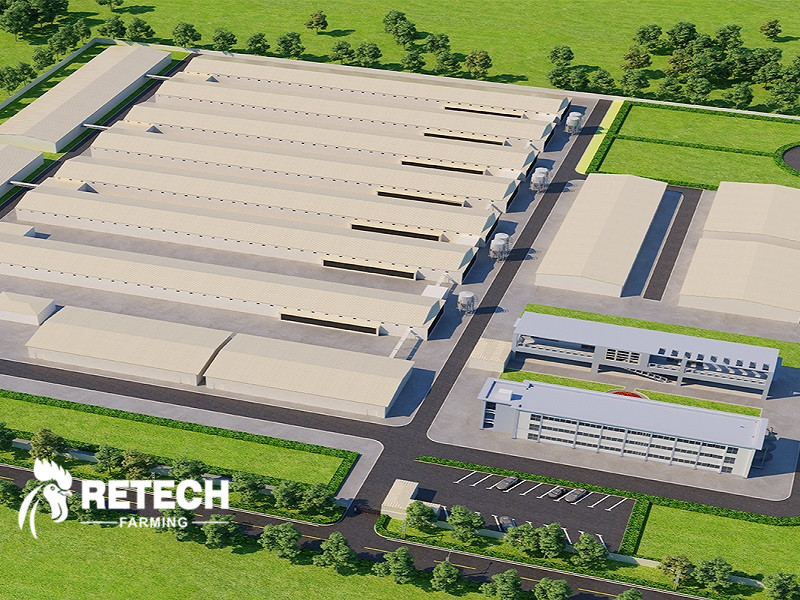
2.Chicken house and farm disinfection
During fumigation and disinfection, the farm temperature should be at least 24℃, the relative humidity should be above 75%, and the house should be sealed and disinfected for more than 24 hours. If the farm temperature is too low and the humidity is too low, the ideal disinfection effect may not be achieved.
When fumigating and disinfecting in winter, be sure to increase the temperature and humidity in the house as much as possible. Disinfection with chicken spray can reduce the chance of contamination from disease sources such as chicken bodies, utensils, floors, walls, and air.
In addition, bacteria, fungi, viruses, etc. carried by chicken saliva, feces and other dirt are often mixed into drinking water and feed. Especially when chickens are sick, sick chickens discharge pathogens into drinking water through nose, saliva, feces, etc. cause other chickens to get sick.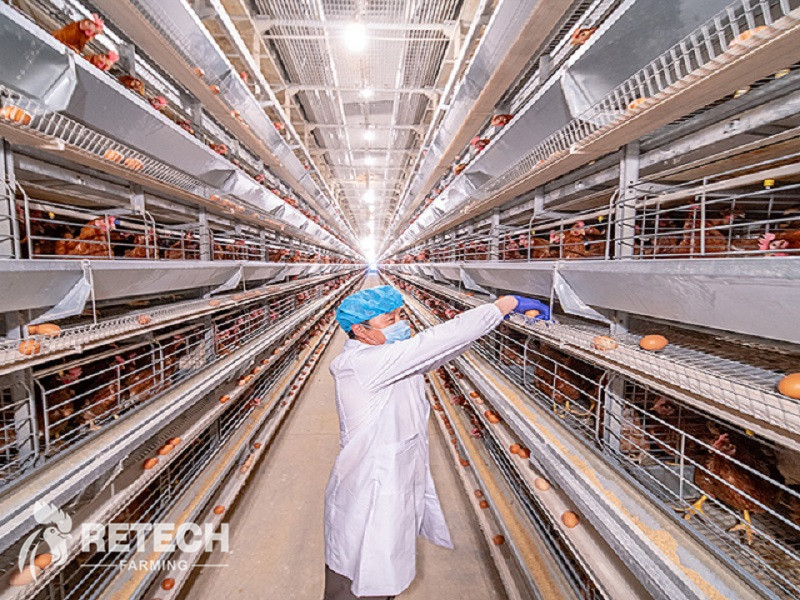
Necessity of disinfection of chicken farm
Drinking water disinfection is to add an appropriate amount of water-soluble disinfectant to drinking water to kill pathogens in drinking water. Disinfectants that can be used for drinking water are mainly chlorine preparations, ion-blocking surfactants, etc.
When using disinfectants for drinking water disinfection, it is necessary to strictly and accurately control the dosage and use strictly in accordance with the product instructions. Do not increase the concentration or increase the drinking time at will, and do not use drinking water for disinfection 2 days before and after immunization.
Disinfect the environment, vehicles and personnel outside the chicken farm. A disinfection tank can be set up at the entrance of the chicken farm, and a channel or a spray channel with ultraviolet lamps can be set up at the entrance of the production area.
The surrounding of each chicken farm, clean road, dirty road, material warehouse, warehouse, etc. should be sprayed and disinfected regularly. Disinfection of the environment outside the house is as important as disinfection in the house. It is often ignored by chicken farmers and must be paid attention to.

3.Chicken farm ventilation
Airborne pathogenic microorganisms in poultry farms are an important reason for the spread of respiratory infectious diseases, which are mainly transmitted in three ways:
First, pathogenic microorganisms attach to dust particles to spread disease;
Second, pathogenic microorganisms attach to the nose and throat of livestock and poultry, and form droplets through coughing and sneezing to pollute the air of livestock and poultry houses and cause the spread of diseases;
The third is that pathogenic microorganisms attach to aerosols to spread the ventilation of chicken farms in spring, summer and autumn. Most farmers can do it well.
However, in winter or the first two weeks of brooding, some farmers are afraid of the low temperature of the chicken house and close the doors and windows, resulting in high concentrations of ammonia and hydrogen sulfide in the chicken house, and the ammonia gas stimulates the respiratory mucosa, which can easily induce respiratory diseases . In addition, closed doors and windows can easily cause carbon monoxide poisoning.
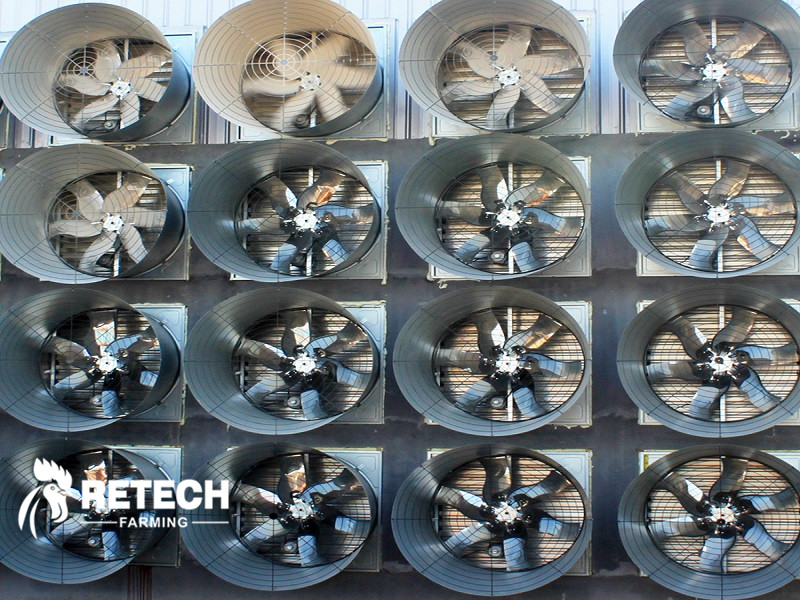
4.Use of multivitamins, trace elements and amino acids
Regardless of the use of premix or concentrate, as long as the ratio is based on the feed formula provided by it, the feed intake of chickens can be met. Various nutrients such as vitamins, trace elements, and amino acids are fully priced and can fully meet the needs. of.
Under normal circumstances, no additional additions are required. However, in the first few days of brooding, some additives such as vitamins, trace elements, and amino acids can be used when transferring flocks, cutting beaks, using vaccines, and when flocks become sick.
Some farmers blindly add vitamins, trace elements, amino acids, etc., which not only increases the cost of raising chickens, but also destroys the relative balance between various nutrients, causing metabolic disorders in chickens and reducing production performance.
5.Avoid stress
Strengthen feeding management, try to avoid human stress factors such as group transfer, noise, high temperature, high humidity, cold, excessive density and temperature difference, so as to avoid group transfer, immunity, beak and feed change when the disease occurs.
Cold and heat stressors can weaken the body’s resistance, allowing certain non-pathogenic microorganisms to cause disease.
Cold and heat stressors can cause frostbite, heat cramps, heat radiation, sun exposure, bronchitis, pneumonia, nephritis, etc. Appropriate temperature and humidity are conducive to the survival and reproduction of various pathogens and vector insects.
Low temperature is more conducive to the survival of bird flu and Newcastle disease virus; summer is hot, which is the season when mosquitoes, flies, horseflies, ticks and other blood-sucking insects multiply, which can cause the occurrence and spread of diseases through blood-sucking.
Please continue to follow me, the next article will introduce the precautions for chicken farm selection~

